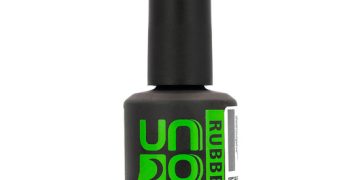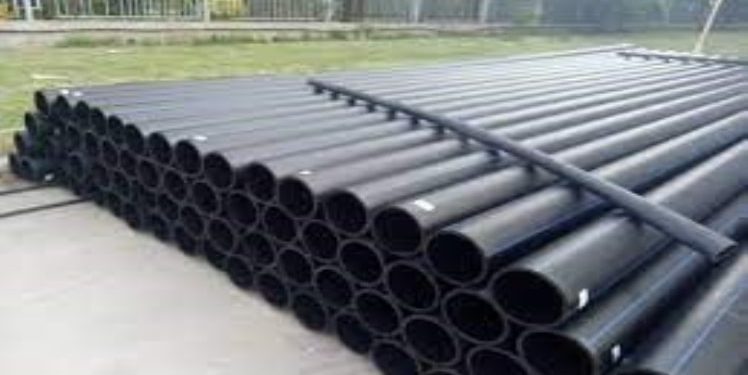Climate change has necessitated a shift in our farming practices. Farmers are now forced to irrigate their crops by unpredictable rains. An irrigation system installed using quality pipes is efficient and long-lasting. On the other hand, if a farmer uses substandard pipes, the result is a dysfunctional irrigation system.
Do you have challenges choosing the right pipes? Read on.
Introduction
Irrigation of crops is one way of mitigating the challenge of food shortage. Many countries have invested heavily in huge dams. One of the main purposes of these mega-dams is to provide water for irrigation. The main component of an irrigation system is quality irrigation pipes.
The efficiency of an irrigation system depends on the quality of pipes used. Deciding on the right type of irrigation pipes can be difficult. However, you will find choosing the right pipes for your project an easy task with this guide.
Water pipes in a factory
1. The ability of the pipes to withstand impact
Good pipes should not be easily damaged when loading or offloading onto trailers. A quality pipe should also withstand the impacts and shocks encountered during installation. But, how do you differentiate between a fragile pipe and a strong one? It’s easy; a pipe labeled ABS is stronger than a PVC pipe. With this, you can decide which one you want.
2. Durability and corrosion resistant
Installing an irrigation system doesn’t come easy. Therefore, you want a long-lasting system. There should be minimal repairs, if any. Pipes chosen should therefore be resistant to tear and wear. They should last long.
The elements won’t attack Pipes made of enhanced plastic; therefore, they do not rust. Plastic is also non-biodegradable.
3. Pipes that are easy to install
Workers installing the pipes won’t get tired if the pipes are easy to install. Therefore, the workers can guarantee quality work. Conversely, if the workers are too tired from hauling bulky pipes, they will poorly install them in the irrigation channels. Choose pipes made from a light material like plastic. Avoid bulky pipes made of metals. Lightweight pipes are easier and cheaper to transport from point A to B. they are faster to install.
4. General appearance and smell of the pipe.
The smell of the pipes tells a lot about the materials that manufactured the pipes. Good quality pipes made from good quality materials should smell great.
Poor quality materials, like recycled waste from dumpsites, produce pipes with an unpleasant smell. The black color in pipes is a sign of good quality. Quality pipes should also not contain scratches or patches.
5. The attached cost of the pipe
Irrigation pipes prices in Kenya are determined by;
- Quality of the pipe-higher quality is expensive while lower quality is cheaper.
- Purchasing pipes made of the same materials costs differently depending on the seller.
- Timing of your purchase- when the pipes’ demand is high, their costs skyrocket. For the best deal, purchase them during low demand season.
Lastly but most importantly.
6. Environmental and human safety
Although plastic is non-biodegradable, we can’t compare its harmfulness to metal like lead. Pipes made of lead may expose people to cancer. Therefore, such pipes should not be used.
Conclusion
Good irrigation pipes should withstand impacts and last long. They should be easy to install as well as appeal to the eyes. We should care for the environment; therefore, pipes should be made from safe materials.















